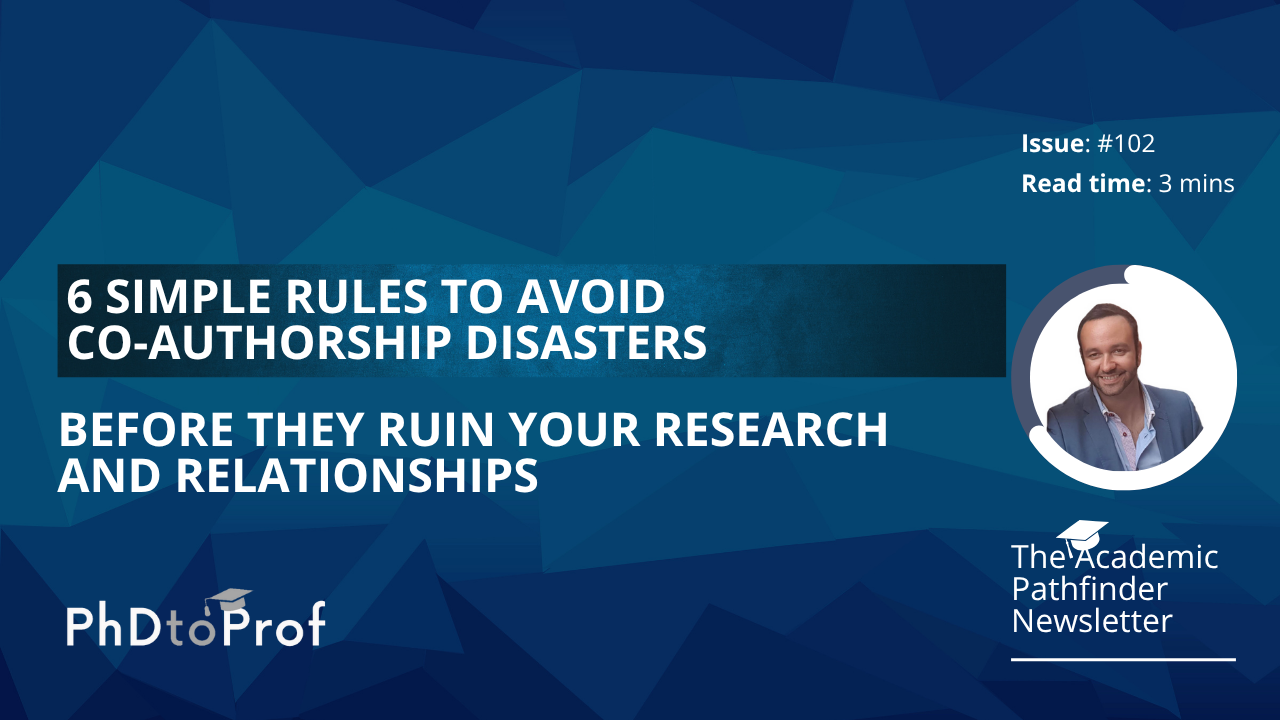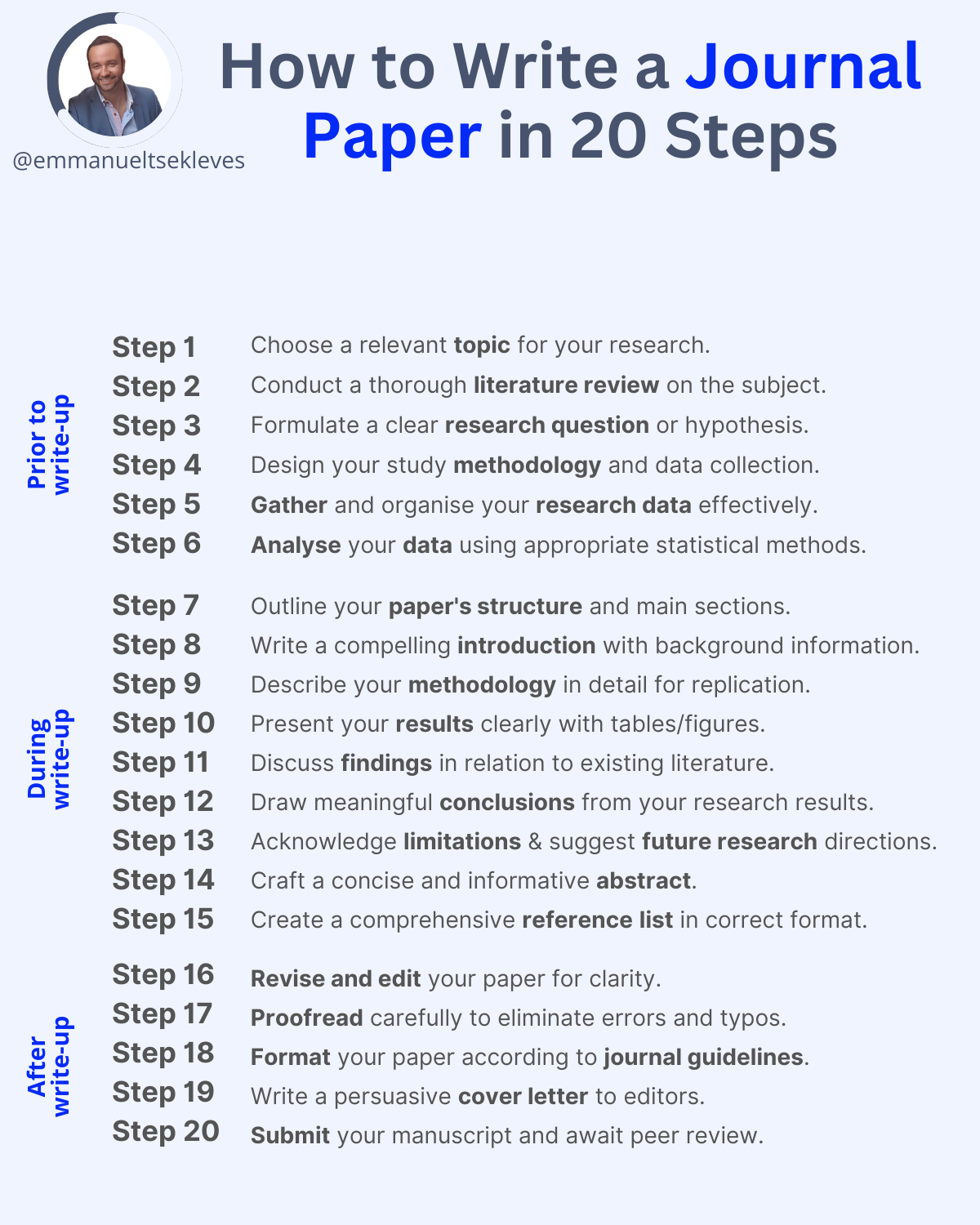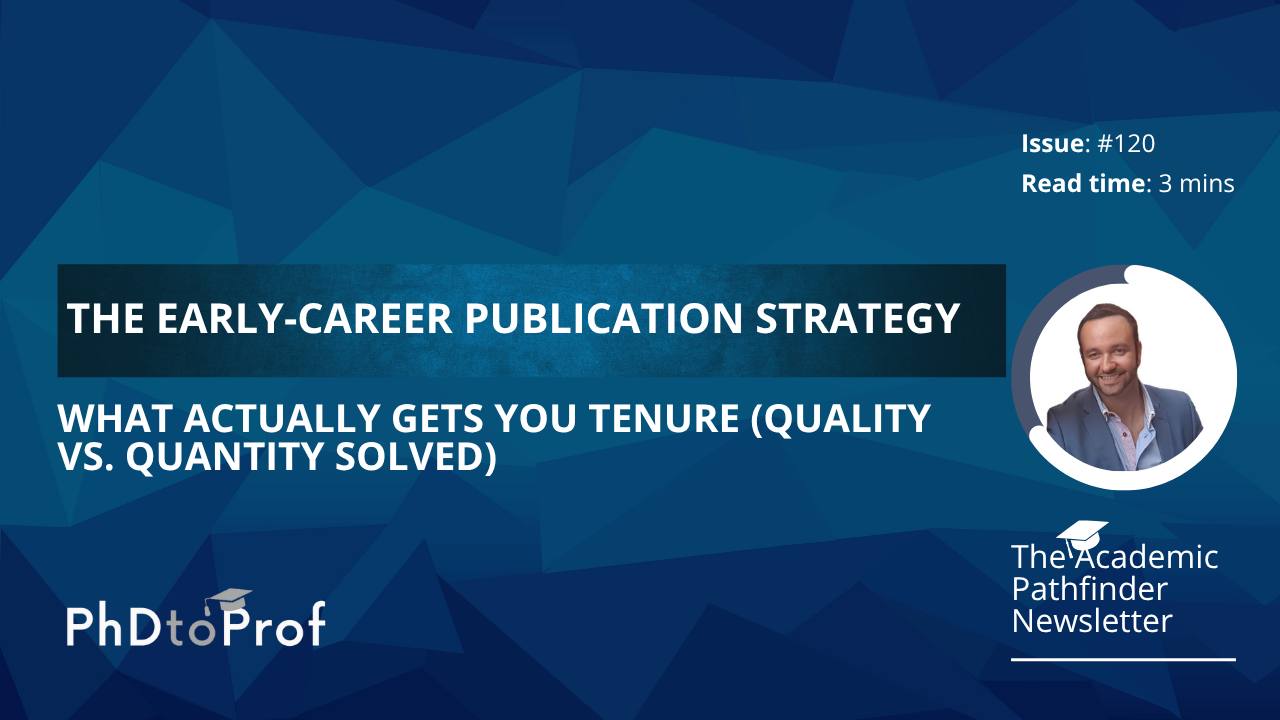#102 - 6 Simple Rules to Avoid Co-Authorship Disasters (Before They Ruin Your Research and Relationships)

Today, I'm sharing the exact 6-step co-authorship system that has helped me complete over 30 collaborative papers without a single authorship dispute
18 June 2025
Read time: 3 minutes
Supporting our sponsors directly helps us continue delivering valuable content for FREE to you each week — your clicks make a difference!
My Academic Job Accelerator Program
Transform your academic job search with the 6P Success System - my proven framework that's helped hundreds of PhDs land positions at top institutions in just 6 weeks.
Master the hidden rules of academic hiring, develop a standout research identity, and create application materials that get you noticed in 75 seconds or less.
Limited spots available for our June cohort with registration closing on June 20th - completely FREE videos to try out and assessment to determine if you're a good fit.
Nothing destroys academic collaborations faster than fights over who gets credit and whose name goes where on papers.
Most researchers jump into joint projects without clear agreements, leading to hurt feelings, damaged relationships, and stalled publications.
What if there was a simple framework that prevented these problems before they started?
Today, I'm sharing the exact 6-step co-authorship system that has helped me complete over 30 collaborative papers without a single authorship dispute.
This framework takes just one conversation to set up but saves months of stress and conflict later.

My worst academic experience happened during my second year as a postdoc.
After months of collaborative work, my co-author suddenly demanded first authorship on a paper where I had done most of the writing and analysis.
The disagreement lasted six months, nearly killed the publication, and permanently damaged our professional relationship.
This painful experience taught me that successful collaborations require explicit agreements from the very beginning.
Since implementing this framework, I've avoided every common co-authorship problem while maintaining strong relationships with all my collaborators.
Rule #1: Establish the Contribution Categories Upfront
Most authorship disputes happen because people define "contribution" differently.
Some value ideas more than execution, others prioritize writing over analysis.
How to do it: Before starting any collaborative project, create a shared document listing these five contribution categories:
- Ideas and planning (who came up with the research question and design)
- Data collection and analysis (who did the actual work)
- Writing and editing (who wrote which sections)
- Resources and funding (who provided money, equipment, or materials)
- Project management (who coordinated the work and kept things moving)
Agree on how much weight each category carries for your specific project.
Rule #2: Use the Point System for Fair Credit
Instead of arguing about who "deserves" what, use a simple point system that makes credit decisions objective.
How to do it: Assign points (out of 100 total) to each contribution category based on your project's needs.
For example: Ideas (20 points), Data work (30 points), Writing (30 points), Resources (10 points), Management (10 points).
Then track who contributes what throughout the project.
Rule #3: Set the First Author Threshold
Decide early what level of contribution earns first authorship, so there's no confusion later.
How to do it: Agree that first authorship goes to whoever contributes the most points overall, with a minimum threshold (usually 40-50 points).
If it's close, decide whether you'll flip a coin, share first authorship, or let the person with the most writing points take the lead.
Rule #4: Create the Project Tracker Document
Keep a running record of everyone's contributions so there's no relying on memory when it's time to assign credit.
How to do it: Set up a simple shared spreadsheet with columns for each contribution category.
Update it monthly with specific tasks completed by each person.
This becomes your objective record when determining authorship order.
Rule #5: Plan the Check-In Schedule
Authorship agreements can become unfair as projects evolve and people's contributions change.
How to do it: Schedule brief monthly reviews of your contribution tracker.
If someone's role has expanded or shrunk significantly, adjust the original agreement.
It's much easier to handle these changes gradually than all at once at the end.
Rule #6: Write the Author Contribution Statement Early
Don't wait until submission to figure out what each author actually did for the paper.
How to do it: Draft the author contribution statement (required by most journals) as soon as you finish your first complete draft.
This forces you to clearly document everyone's role while the work is fresh in your memory.

Key Takeaways:
- Use objective point systems instead of subjective judgments to determine authorship order
- Track contributions throughout the project rather than relying on memory at the end
- Schedule regular check-ins to adjust agreements as the project evolves
-
→ Your Action Plan for This Week
- Create a co-authorship agreement template using the six rules above
- Start a contribution tracker for any current collaborative projects
- Schedule monthly check-ins with your current collaborators to review contribution records
Ready to transform your academic job applications?
Check out my Academic Job Accelerator program where I provide step-by-step guidance on creating application materials that actually get interviews.
Early bird pricing ends this Friday!
Well, that’s it for today.
See you next week.
Whenever you're ready, there are 3 ways I can help you:
1. Get free actionable tips on how to secure a tenure-track job in academia by following me on X, LinkedIn me Instagram and BlueSky
2. Take my proven Academic Job Accelerator Program that has helped hundreds of researchers secure academic positions, or start with my free training videos to learn the exact strategies hiring committees respond to.
3. If you're ready to take your PhD application journey to the next level, join my PhD Application and Scholarship Masterclass waitlist. Click the link below to learn more and secure your spot.



Responses